Mosquitoes and Hexham Swamp go together like fish and chips - Ozzie the Mozzie at the local bowling club is proof of that.
Anyone who has been bitten by a mosquito in the area, though, can testify that humanity and nature don't always get along.
This is partly why Associate Professor Cameron Webb was contracted by Hunter Local Land Services to monitor mosquito populations in the Hexham Swamp area, following the opening of the Ironbark Creek floodgates.
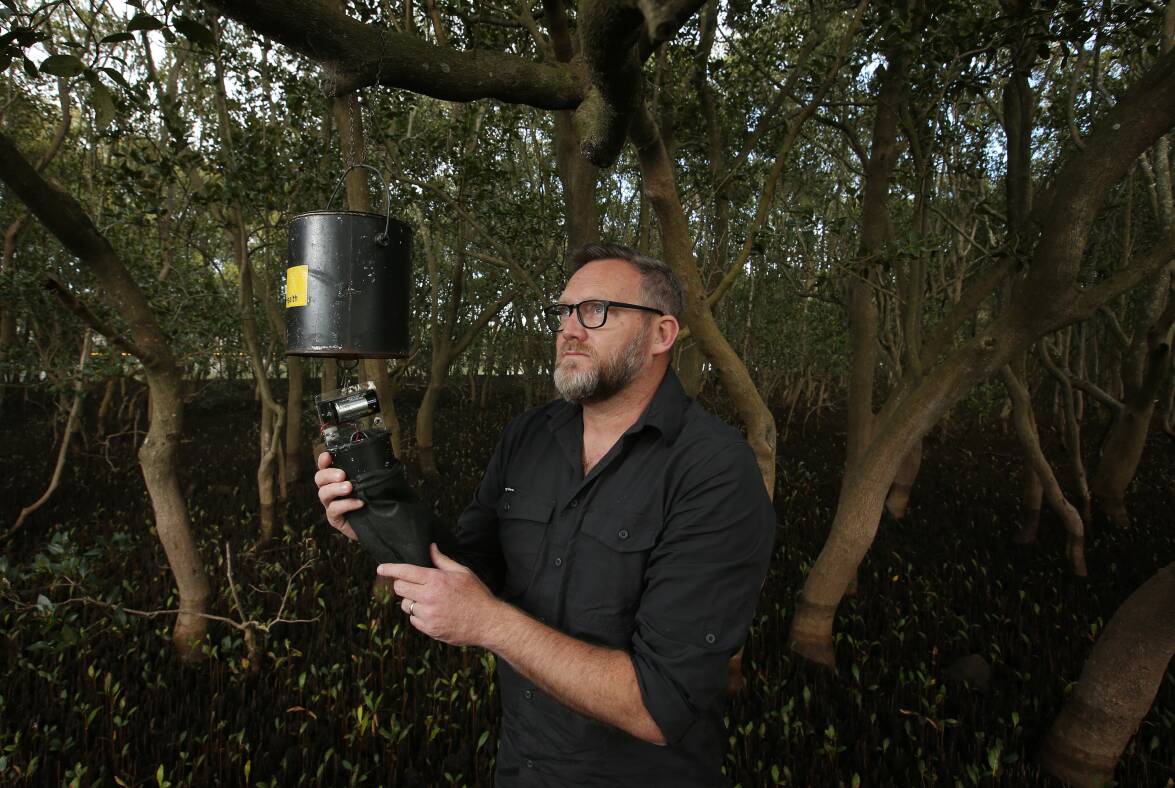
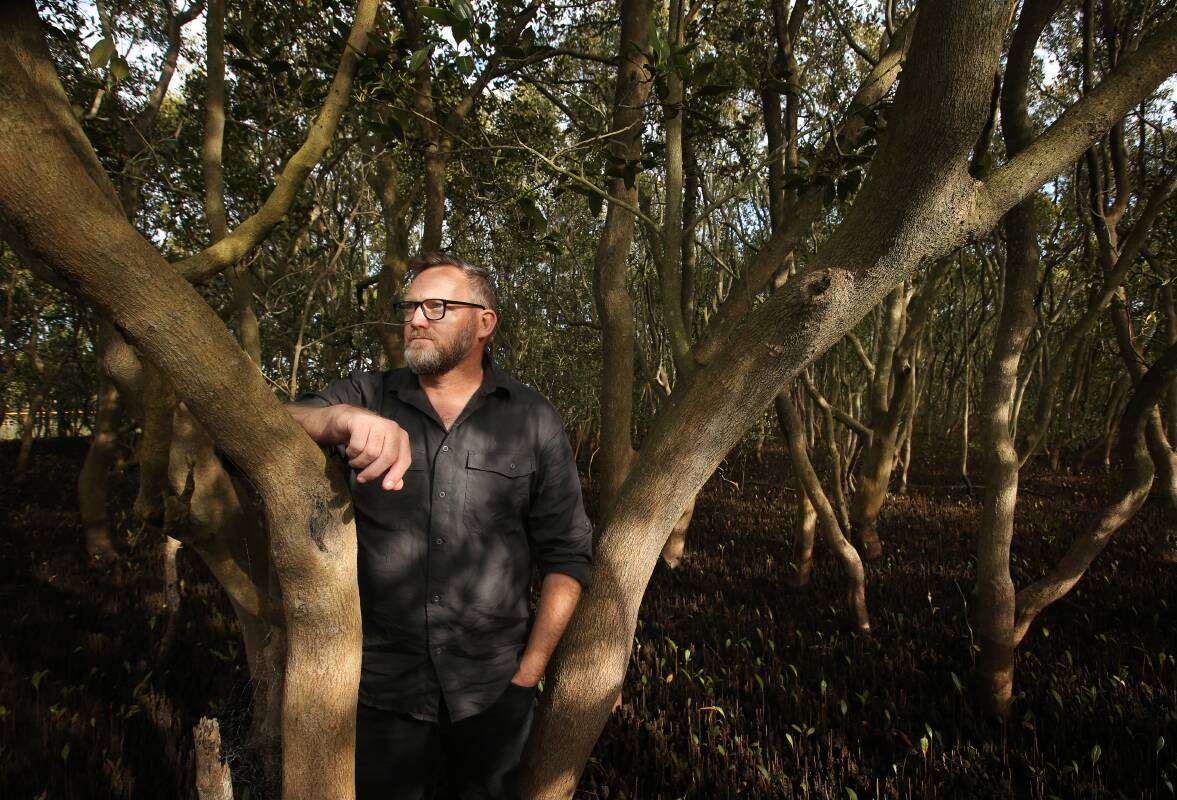


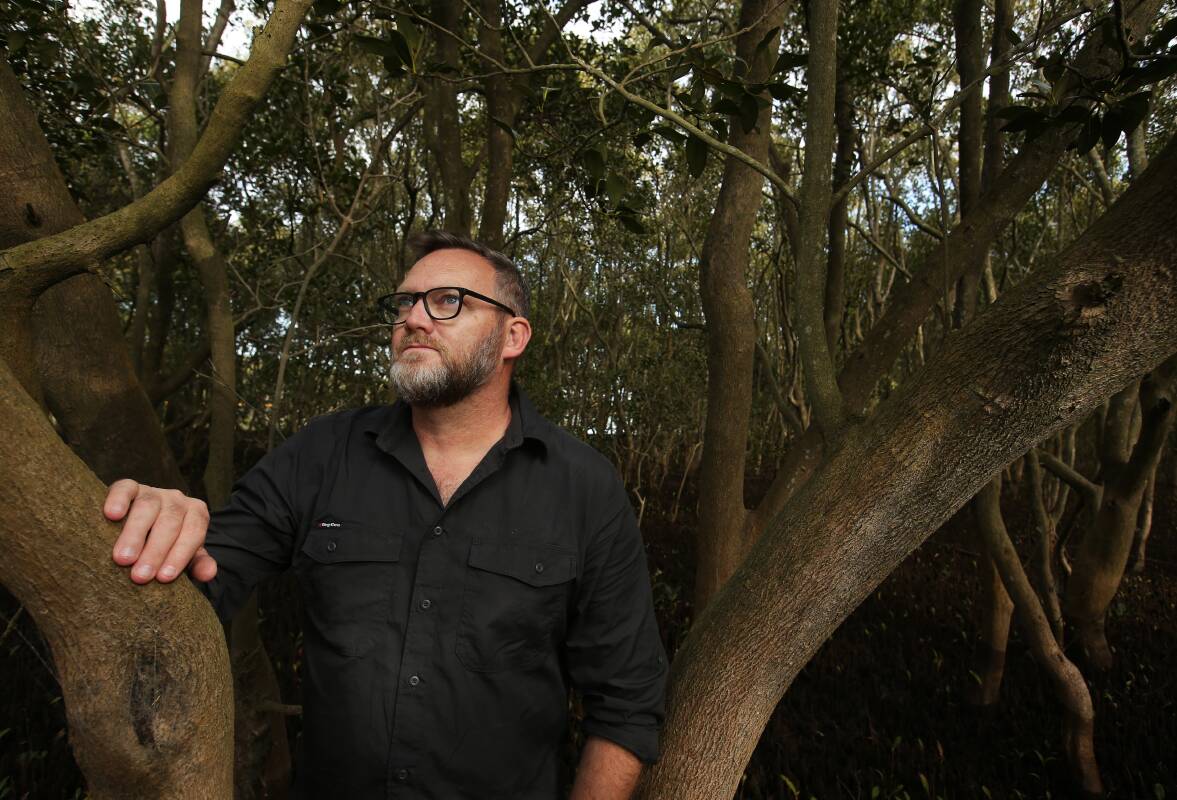
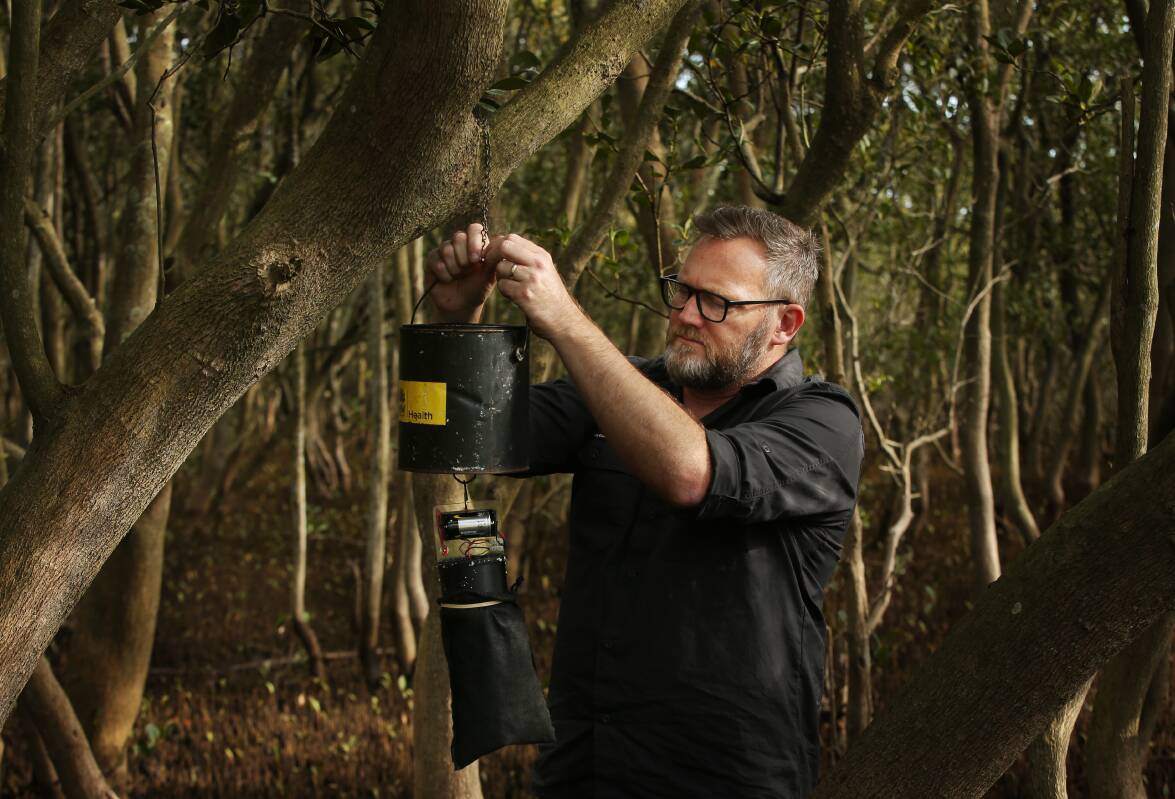

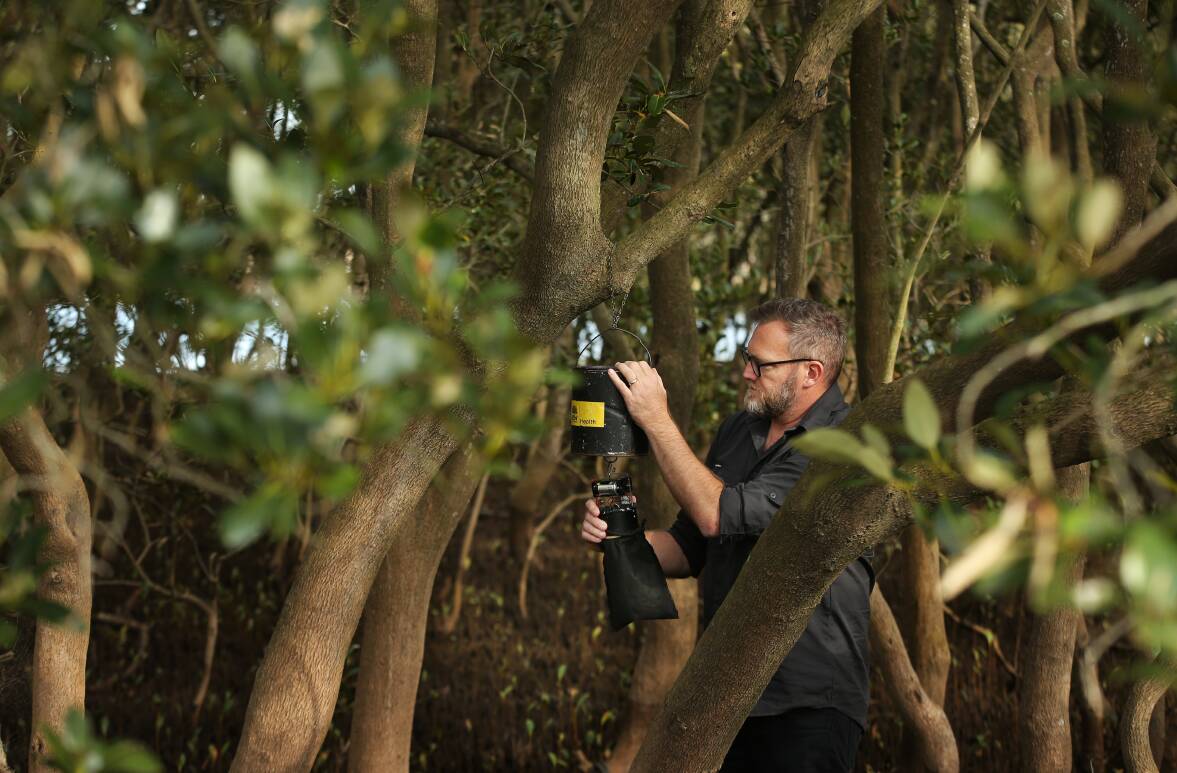
From 2008 to 2013, the floodgates were opened to restore tidal flows from the Hunter River at Hexham - greatly improving the area's habitat.
There was, however, concern about whether this would lead to more mosquitoes.
"There's no point improving a wetland if you're just going to increase mosquito problems," A/Prof Webb said.
"It's not only the risk of disease, but nuisance mosquito biting of people who live near wetlands can have a pretty disruptive impact on their quality of life.
"Anyone who lives on the coast or near wetlands should expect mosquitoes to be active every summer.
"But it's about making sure it's not a disproportionate increase compared to existing wetlands."
His mosquito reference points are Hexham and the nearby suburbs of Maryland, Shortland and Tomago, along with Kooragang Island.
"It's trying to make sure there hasn't been a disproportionate increase in the mozzies coming out of Hexham. To date it's been really great."

His next survey of the area will occur this summer.
In the first summer after the floodgates opened, A/Prof Webb said "we did see a pretty substantial increase in mosquitoes".
"After that, the system reverted from a freshwater to saltwater environment. The numbers have now dropped back to what you would normally expect out of a healthy estuarine wetland."
Better water movement in and out of the wetland has helped.
"There's a stack more fish knocking out the mosquito larvae," he said.
"Then you've got all the birdlife and aquatic life that was absent from Hexham Swamp before the rehabilitation work started."
He said mosquitoes were "food for a range of animals like birds, bats, fish and frogs".
Other wetlands in NSW, particularly those in urban areas, showed that "a high mosquito population is a symptom of poor wetland health".
"Making the wetland healthier doesn't eradicate mosquitoes by any means, but it keeps them in check or to a manageable level.
"At the moment, the numbers coming out of Hexham are what you would expect from a normal healthy estuarine wetland.
"On balance, there's no change in the mosquito risk for mozzie populations associated with Hexham."
Since the floodgates opened, the area had "transitioned from what essentially looked like a cow paddock to a really flourishing wetland".
"It's quite staggering the amount of wildlife that's there."
He lauded the abundance of fish, insects and birdlife.
"They're the things that are indicative of the environment being very healthy."
Asked if mosquitoes had any benefits or whether they were purely pests, he said "It's a good question".
"I often joke that scientists are really good at working out how to kill mosquitoes or how they make us sick, but we're not very good at working out their ecological role or their importance to the environment.
"We know they're food for a range of animals. The thing is, they're very adaptive to suitable environmental conditions.
"They're pretty good at exploiting habitat that's free of any other animals that eat them. That's why their numbers can increase so dramatically."
Mosquito numbers and disease risk change each year, with rainfall, temperature and habitat availability.
Nevertheless, Ross River fever occurs almost every year around the Hunter and Mid North Coast.
"The Department of Health does monitoring [for the virus] across NSW, including in the Hunter," A/Prof Webb said.
"Generally speaking, the risk of Ross River is a little bit lower south of the Hunter River because there aren't as many kangaroo and wallaby populations.
"Mozzies pick up the virus most commonly from biting wallabies and kangaroos. They don't hatch out of the wetlands already carrying the virus."
While there's a few kangaroos on Kooragang Island and occasionally around Hexham, more are found further north towards Medowie and Tomago.
"Despite the lower health risks around Newcastle, don't be complacent. Take steps to protect yourself and family from mosquito bites," he said.
"Cover up and apply insect repellent when you're outdoors over the summer."
Do you think the Hunter has a mosquito problem? Join the discussion in the comment section below.







